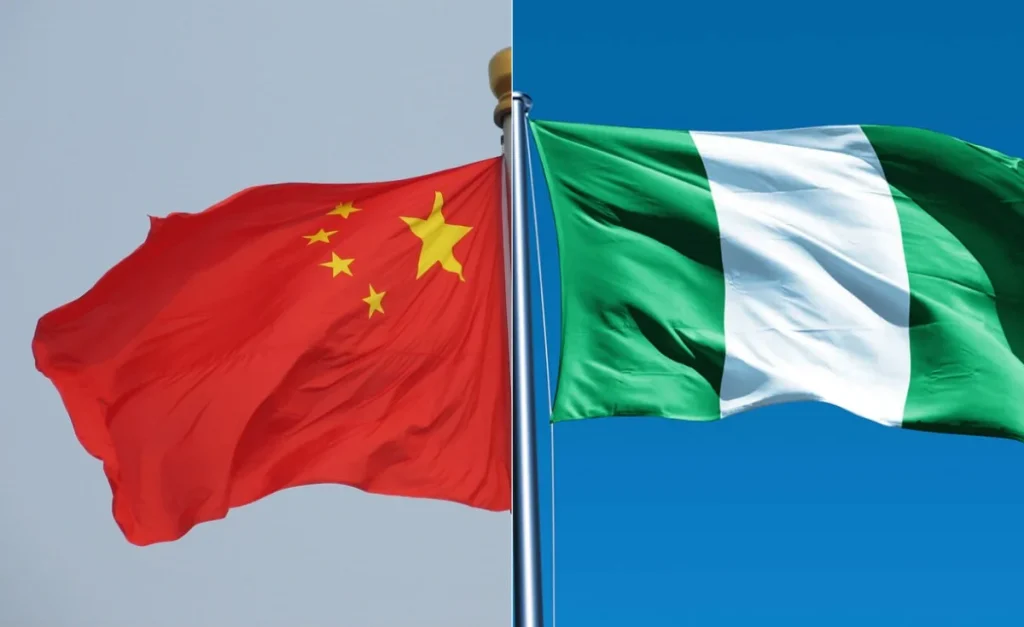The Federal Government has opened negotiations with China’s Export-Import Bank for a $2 billion loan to fund the construction of a super grid that could transform Nigeria’s electricity supply.
The proposed project aims to address the country’s persistent power shortages by strengthening transmission networks and ensuring reliable electricity in key industrial regions across the east and west.
According to the Minister of Power, Adebayo Adelabu, the new grid will play a crucial role in expanding access to power, supporting businesses, and driving industrial growth.
Decentralizing Power for Greater Efficiency
Speaking at the Nigerian Economic Summit in Abuja, Adelabu explained that the project is designed to decentralize power generation and distribution, enabling more efficient energy delivery across the country.
He noted that the unreliable national grid has driven many large consumers, including factories and manufacturing plants — to seek alternative power sources.
“This initiative will bring heavy consumers back to the national system,” the minister said, emphasizing that the grid will help rebuild trust in Nigeria’s power infrastructure.
Progress in Talks with China’s Exim Bank
Government sources confirmed that negotiations with China’s Exim Bank are already gaining momentum. The Federal Executive Council (FEC) has reportedly given its approval for the funding plan, signaling the administration’s strong commitment to improving the energy sector.
Officials say the proposed super grid will connect regional power hubs and reduce dependence on the fragile national transmission network, which has been prone to repeated system failures.
Nigeria’s Power Crisis in Numbers
Nigeria currently has the capacity to generate about 13 gigawatts (GW) of electricity, but only a third of that reaches end users due to transmission challenges and frequent grid collapses.
For comparison, South Africa, with a much smaller population, produces around 70 GW, highlighting Nigeria’s power deficit.
Businesses across the country spend billions of naira yearly on diesel generators, which provide nearly half of total electricity demand.
Economic and Industrial Benefits
The new super grid is expected to enhance power supply to major economic zones, cut production costs, and attract both local and foreign investment.
Adelabu said the project aligns with Nigeria’s industrialization drive and will help manufacturers reduce reliance on self-generated electricity.
He added that reliable energy remains central to job creation, export growth, and sustainable economic recovery.
Tinubu’s Energy Reforms Gain Traction
Since taking office in 2023, President Bola Ahmed Tinubu has introduced a series of reforms aimed at stabilizing the economy and improving infrastructure.
These include the removal of fuel subsidies, tax restructuring, and initiatives to restore peace in oil-producing regions.
Recent electricity tariff adjustments have also strengthened the finances of power distribution companies, with revenues rising by 70% in 2024 to ₦2.4 trillion ($1.6 billion).
Building the Future of Energy
The super grid plan marks a significant step toward Nigeria’s long-term vision of energy stability and self-sufficiency.
As negotiations with China advance, the project could become a cornerstone of the country’s strategy to modernize its power infrastructure and fuel industrial growth.
“Our goal is clear — to create a power system that supports growth, innovation, and national development,” Adelabu affirmed.






